
Ghana has launched an ambitious Climate Prosperity Plan (CPP) at COP 29 in Baku, a roadmap set to address climate change while boosting economic prosperity.
Mr. Foster Aboagye Gyamfi, Principal Economics Officer at the Climate Finance Division of the Ministry, highlighted Ghana’s Climate Prosperity Plan (CPP) focusing on investment in renewable energy, sustainable infrastructure, and climate-resilient economic policies.
Speaking to an international audience, Mr. Gyamfi emphasized that Ghana’s CPP targets an economic gain of USD76 billion by 2050, with investments fuelling advancements in various sectors. This initiative aligns with Ghana’s updated Nationally Determined Contributions (NDCs), advancing its climate goals beyond the initial commitments of 2016.
The CPP is structured to leverage public-private partnerships and innovative financing mechanisms, including blended finance and a green finance taxonomy, to secure sustainable funding.
The aim, according to him, is to create fiscal space, allowing Ghana to adapt to and mitigate climate impacts without sacrificing economic growth. Already, Ghana’s CPP has attracted interest from investors, who see Ghana’s stable democratic environment as a viable base for climate-focused economic development.
The plan’s core pillars include an expansion of renewable energy—such as the addition of hybrid and floating solar power systems—addressing the urgent need for reliable, low-emission power. With five megawatts already being generated by a floating solar system, the CPP proposes further investment to scale up these efforts.

Mr. Gyamfi also outlined initiatives in water and sanitation, stressing the need for international partnerships to fund infrastructure improvements in underserved areas.
He mentioned that Ghana is working on the Akosombo Net-Zero Industrial Park, the first of its kind in Africa which will be powered entirely by renewable energy. This project aims to attract eco-conscious industries, setting a new standard for green industrialization on the continent.
The Akosombo Industrial Park, located near the Volta River, will serve as a hub for industries committed to sustainable manufacturing and the circular economy. Initially focused on housing a textile company, the park is now open to other green enterprises, from recycled materials production to low-emission manufacturing.
“Ghana’s goal with Akosombo is to create an environmentally sustainable ecosystem that supports economic growth while adhering to carbon neutrality”, he explained.
This USD 105 million project is funded through a combination of public-private partnerships, equity investments, concessional debt, and grants. Revenue will come from sales of recycled products, carbon credits, and energy savings through the use of renewable power.
According to Mr. Gyamfi, the park is expected to create over 40,000 direct and indirect jobs, providing economic benefits that align with Ghana’s climate resilience goals.
In addition to that above, he said Ghana has committed to sustainable transportation, spearheaded by the Wahu Mobility project an initiative to make Ghana a leader in electric vehicle (EV) adoption and green manufacturing across Africa.
Wahu Mobility will introduce a range of electric vehicles (e-bikes and e-cars) while establishing an essential infrastructure for EV charging and battery swapping.
With an investment of USD 100 million, Wahu aims to build a sustainable ecosystem that reduces emissions from fossil fuel vehicles, providing a cleaner alternative for urban and rural areas alike.
On the iTrash, he said this decentralized waste management project is an innovative approach to turning waste into resources and reducing pollution. According to him, with an investment of USD 80 million, iTrash uses smart technology to optimize waste collection and recycling.
By implementing the iTrash system, Ghana is not only addressing its waste management challenges but also setting a benchmark for eco-friendly, decentralized waste solutions in Africa.
The post Climate Prosperity Plan: Ghana’s stable democratic environment attracts investors – Finance Ministry first appeared on 3News.
Read Full Story



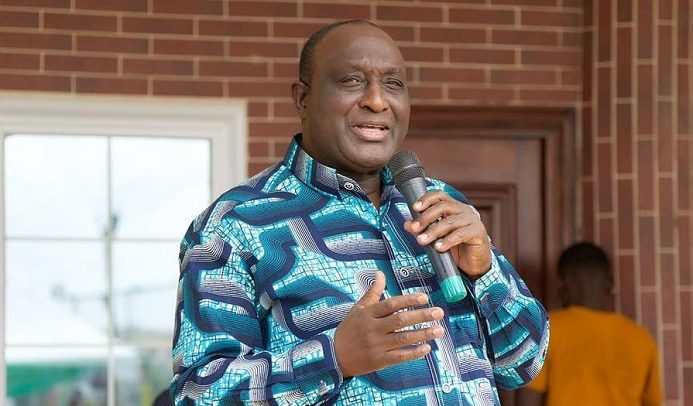
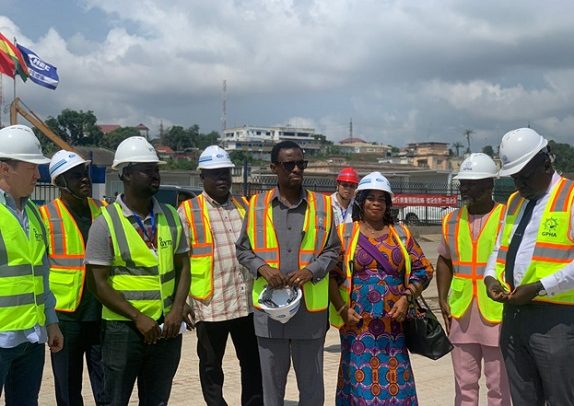
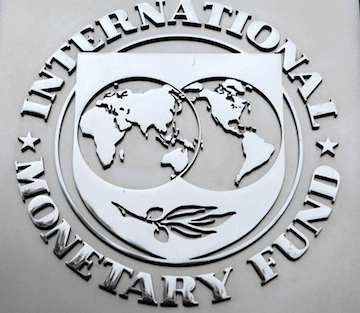
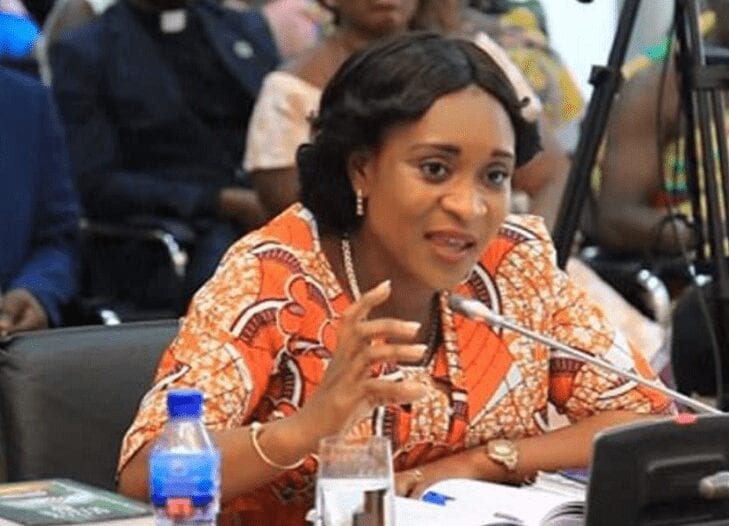





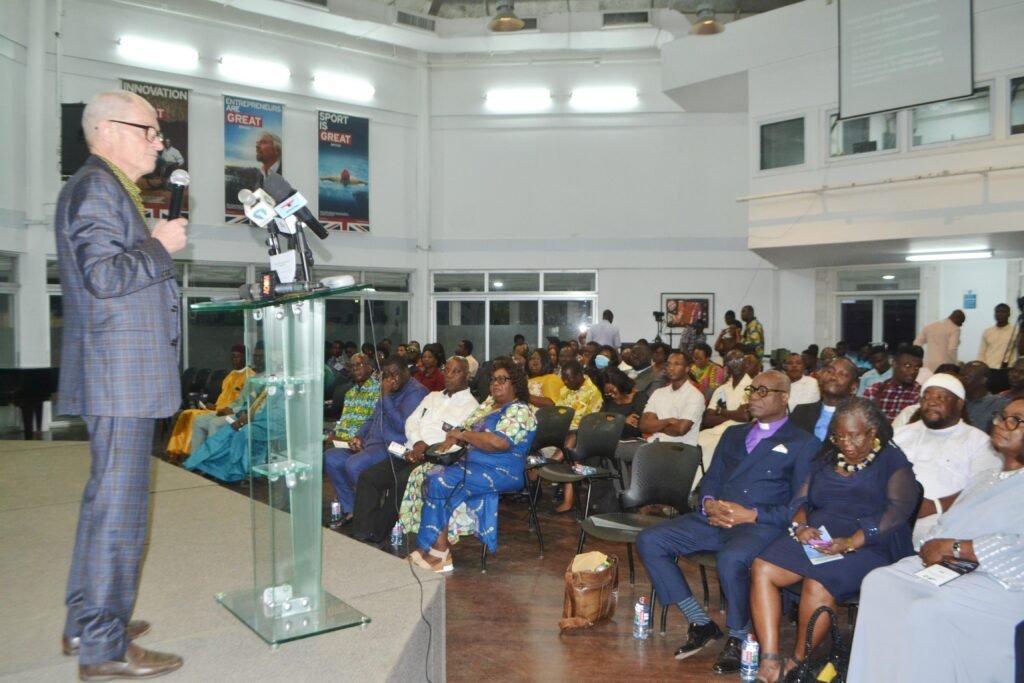



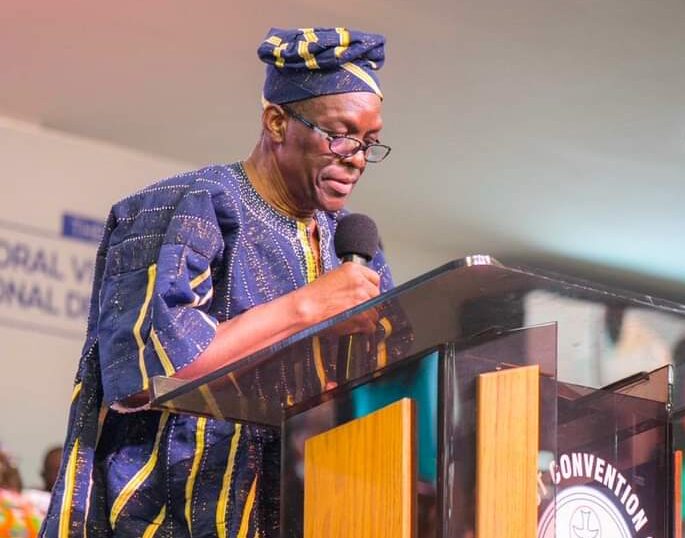
Facebook
Twitter
Pinterest
Instagram
Google+
YouTube
LinkedIn
RSS